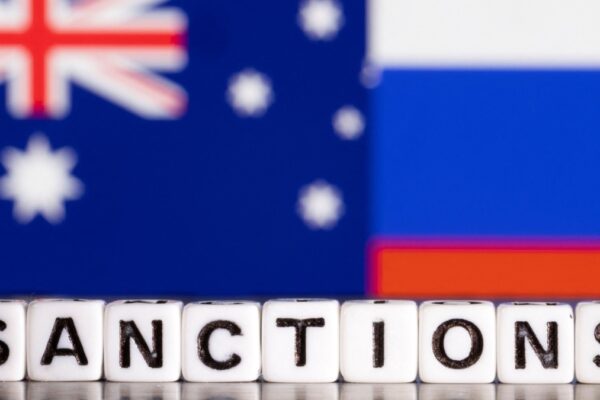Two weeks ago we reported on the ban on export of luxury goods to Russia. Now Australia has hit both Russia and Belarus with a new round of import tariffs – including a total ban on Russian oil.
The new trade sanctions are likely to further exacerbate spikes in fertiliser costs, placing additional strain on farmers and potentially flowing through to higher supermarket prices. Russia is a relatively minor trade partner for Australia – the 46th largest in 2020 – but does account for around 4% of fertiliser shipped into the country.
In a statement released earlier this month, Prime Minister Scott Morrison said Australia was issuing a formal notification withdrawing entitlement to the Most-Favoured-Nation (MFN) tariff treatment and applying an additional tariff of 35% to all imports from Russia and Belarus. This will take effect from 25 April 2022 and will be in addition to general duty rates that currently apply, the statement said. A prohibition on imports of oil and other energy products will also commence on 25 April.
The Australian Border Force (ABF) has issued Australian Customs Notice (ACN) No. 2022/21 titled, New rates of customs duty for Russian and Belarusian goods.
It announces that as from 25 April 2022, Australia will join like-minded countries in removing the Most Favoured Nation (MFN) treatment previously accorded to goods imported from the Russian Federation (Russia), by imposing an additional customs duty of 35% on goods that are the produce or manufacture of Russia and Belarus. The notice states that this increase in duty is in line with the increases imposed by the United Kingdom and Canada.
Quoting from the ACN: This temporary measure is a response to Russia’s illegal invasion of Ukraine, supported by Belarus, and is necessary for the protection of Australia’s essential security interests. Russia’s actions, supported by Belarus, are a gross violation of international law, including the Charter of the United Nations. They violate Ukraine’s sovereignty and territorial integrity and undermine the rules-based international order. Australia is committed to upholding these principles, which are essential to international, regional and domestic stability and security.
The new rates of customs duty that apply
The new rates of customs duty for these goods are 35% of the customs value of the goods, as determined in accordance with section 159 of the Customs Act 1901, plus the general rate of customs duty, excise-equivalent duty and customs duty in dollar amount in Schedule 3 of the Customs Tariff Act.
Goods that are the produce or manufacture of Russia or Belarus are not eligible for a concessional rate of customs duty, nor are they eligible for the GST exemptions provided for by Schedule 4 concessional items. Schedule 4 concessional items and by-laws should not be claimed for these goods.
In-transit goods and goods on the water
Goods are for direct shipment to Australia if they do not enter the commerce of another country prior to entry for home consumption in Australia. Therefore, where goods that are the produce or manufacture of Russia or Belarus have left from a place of manufacture or warehouse in a country from where the goods are exported before 25 April 2022 and have not been imported into another country prior to being entered for home consumption or warehousing in Australia, the additional duty rate of 35% will not be payable if these goods are entered for home consumption between 25 April 2022 and 24 October 2022.
For more information about international shipping and Customs clearance – no matter where your imports originate from – contact us here at Colless Young. As licensed Customs Brokers and International Freight Forwarders we offer correct, professional advice on all your import and export trade transactions. We are based in Brisbane and provide a complete range of logistics services, for both airfreight and sea cargo through all Australian ports and airports.

